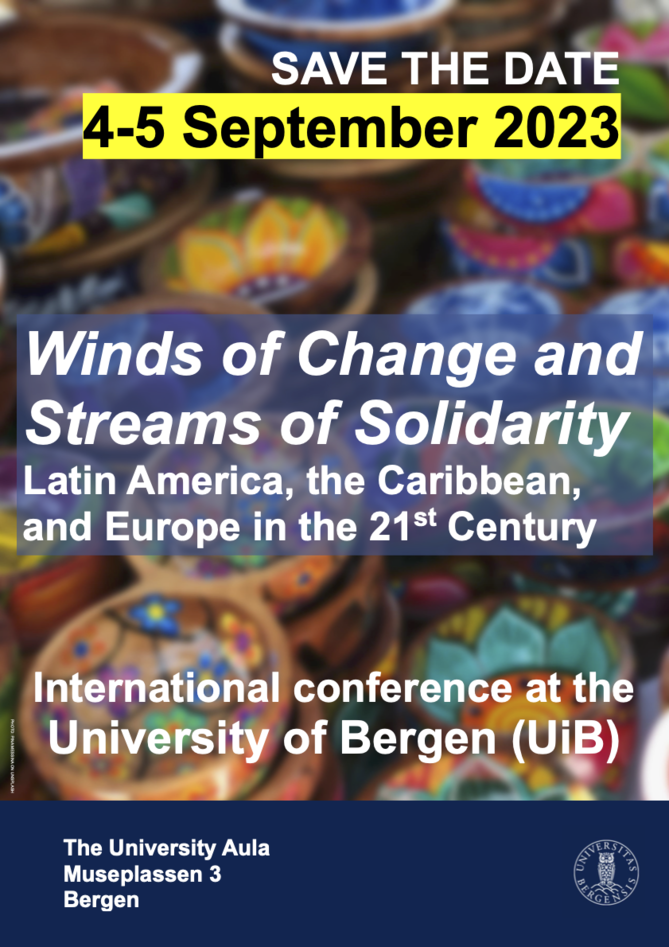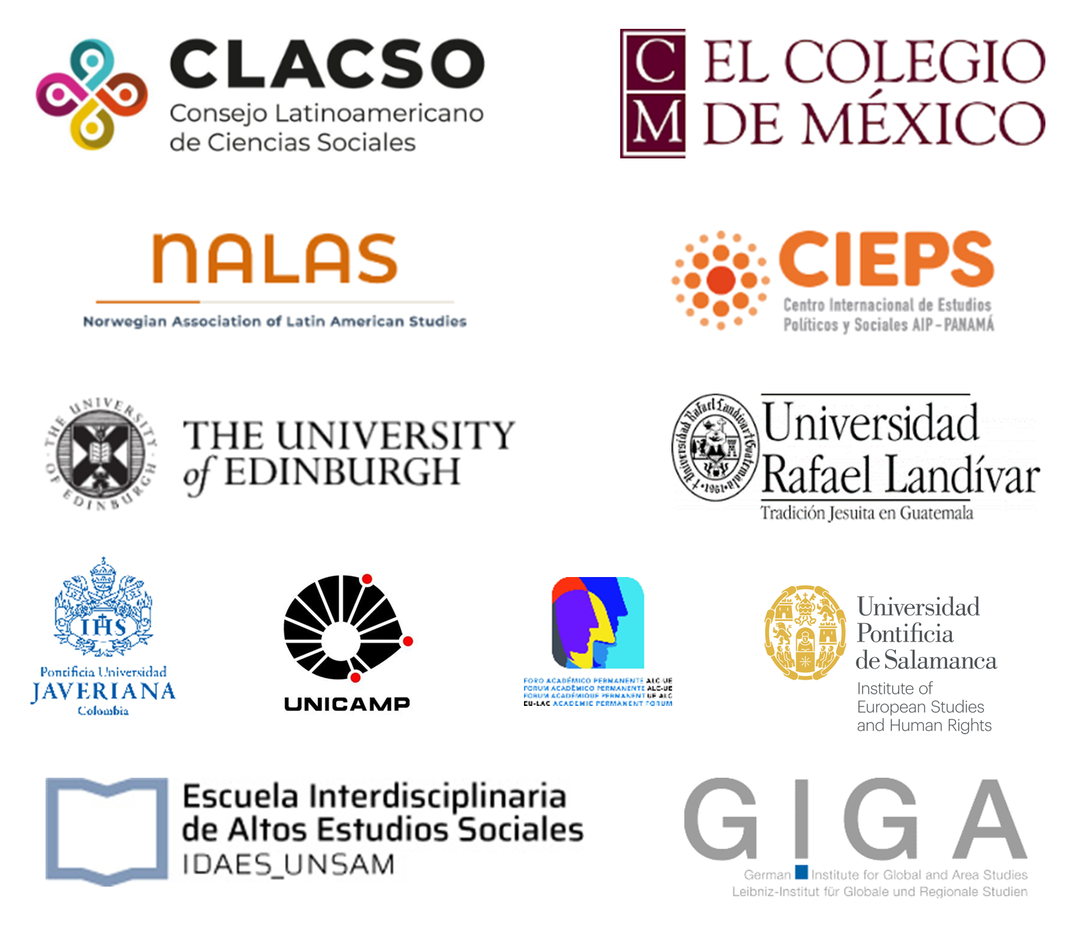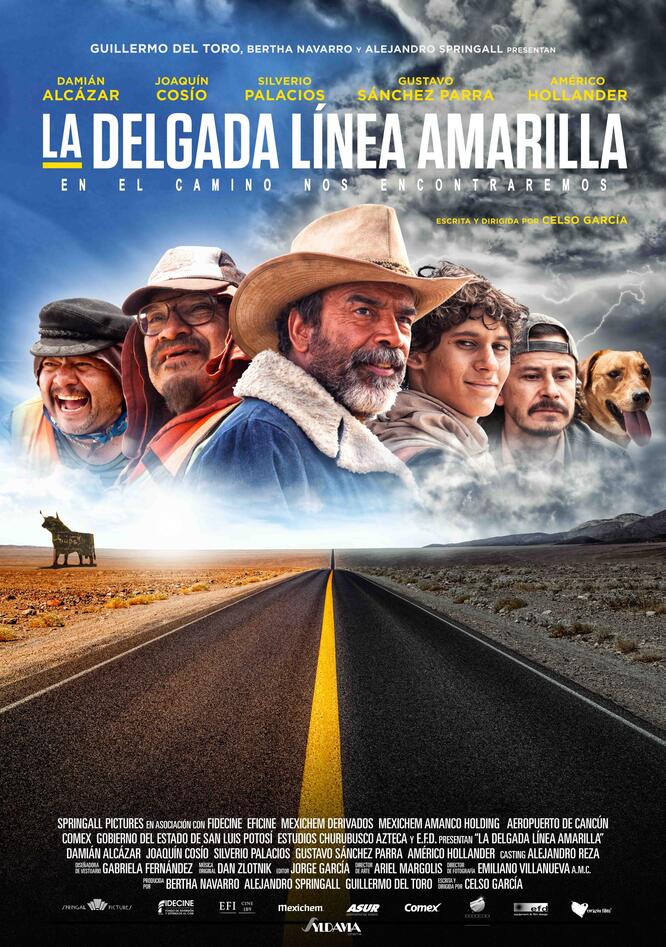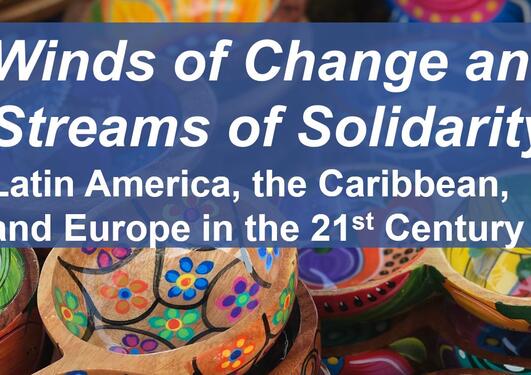Main content
Outline of the conference programme.
- A PDF of the conference programme is available here.
- For an overview of conference speakers, visit this page.
MONDAY 4 SEPTEMBER
09:00-09:10 Opening and welcome
- Opening of the UiB 2023 LAC conference: Margareth HAGEN, Rector of the University of Bergen.
- Welcome to the City of Bergen: Eira M. GARRIDO, Deputy Mayor of Bergen
09:10-09:30 Keynote Tomás Reyes Ortega
The EU and Latin America and the Caribbean: a stronger and modernised strategic partnership. Reflections in the aftermath of the EU-CELAC Summit (Brussels, 17-18 July 2023)
- Chair of Working Group - Latin America, Caribbean (COLAC) and Trans-Atlantic Relations (COTRA), Tomás REYES ORTEGA, European External Action Service (EEAS)
09:30-09:50 Keynote Karina Batthyány
The role of social sciences and humanities in the quest for a more just and equitable society
- Executive Secretary Karina BATTHYÁNY, CLACSO (Latin American Council of Social Sciences)
09:50-10:10 Q&A with the keynote speakers
10:10-10:15 Family photo
’Family photo’ of the conference participants
10:15-10:30 Coffee break
10:30-11:15 Keynote Terje Tvedt
Streams of water history: Perspectives on Latin America, the Caribbean, and Europe
- Professor Terje TVEDT, University of Bergen
11:15-11:30 Q&A with the keynote speaker
11:30-12:15 Lunch
12:15-13:45 Culture and arts session
Water and resources in the last frontier
In this panel we will discuss how water has become a critical space in which we make sense of our place in the world and our relations with human and non-human nature, what we create and what we destroy, and why. As Chilean artists Cecilia Vicuña writes, “water wants to be heard”. And for that to happen, humans need an active form of listening. During the last decades, disputes over the meanings and uses of water have been the space for struggles throughout the region, the focus of efforts to turn it entirely into a commodified resource, a space for the sacred, a reservoir of hope in the Anthropocene. The water wars in Bolivia at the turn of the century to the efforts by Norwegian companies to install hydropower plants in Chile, the fracking projects in Colombia, the vanishing of running water in Uruguay, and the transformations of the Paraná river in Argentina into a liquid mega-highway, there is a social life in the making, in the waters. This panel will give us a unique opportunity to listen and discuss different ways in which we are humans in water.
MODERATOR:
- Ernesto SEMÁN, Department of Foreign Languages, University of Bergen.
PANELLISTS:
- Machi MILLARAY HUICHALAF, Leader, Mapuche Indigenous commune, Chile
- Yuvelis MORALES BLANCO, Social Environmental Leader, Colombia Free of Fracking Alliance (ACLF), Colombia
- Gianfranco SELGAS, Faculty of Arts & Humanities, University College London
13:45-14:00 Coffee break
14:00-15:00 Funding and exchange opportunities
Orientation on opportunities for academic collaboration between Latin America, the Caribbean, and Norway
15:00-15:15 Coffee break
15:15-16:45 Environment and technology session
Energy transition in the global economy: impacts for Latin America, the Caribbean and Europe
The transition to a greener and fairer economy requires innovation and new ways of thinking. There are many features among emerging technologies in green energy. In this session we will look at a selection of transformations and innovations where science can contribute towards a net zero carbon world with a particular look at and making comparisons between Latin America, the Caribbean and Europe.
The session brings together scientists across disciplines to look at some of the most exciting emerging technologies with a particular focus on Latin America and the Caribbean whilst making comparisons to developments in Norway and Europe/EU:
- What is being utilized in the Latin American energy landscape. The LAC countries have many natural resources but are still poor when it comes to energy accessibility and usage. The energy transition is coming in but is going to be more expensive, particularly due to the lack in infrastructure. How can the energy transition create an industrial revolution in LAC?
- Carbon capture, utilization, and storage (CCUS) involves the capture of CO2, generally from large points sources like power generation or industrial facilities that use either fossil fuels or biomass as fuel. CCUS can be an enabler of least-cost low-carbon decarbonisation of other parts of the energy system. Also, CCUS can remove CO2 from the air to balance emissions that are unavoidable or difficult to abate.
- Policy in the Caribbean has shifted to accommodate green energy and some countries are world leaders in renewable (hydropower) energy production, with solar and wind making strong appareances. But energy sources such as offshore wind stay off limits due to concern about effects on the tourism industry and lack of technological capacity.
- LAC is rich in minerals. But there is debate on how these minerals can best be utilized.
- With a higher increase in battery demand and production, different types of rare earth elements and minerals are required. One metal in high demand is lithium. The extraction of lithium has so far been from land-based mines, but some are now calling for deep-sea mining to extract lithium.
- Offshore wind power and hydrothermal energy are promising carbon-free sources of renewable energy; what is needed for them to grow in LAC?
- There are also interesting policy developments such as the European Critical Raw Materials Act, which has been followed by Chile’s National Lithium Strategy amongst others.
We ask:
- How can science contribute to the transition to a greener and fairer economy and innovation in the green energy markets?
- How do we create sustainable production, consumption and recycling processes when developing new green and lawful industries across the globe?
- What are the main regulatory and societal barriers to a rapid renewables update in the region?
- How can politics and good governance influence the energy transition?
- How does CCUS between Norway/Europe and Colombia/Ecuador compare?
- What perspectives does climate change bring to the energy transition?
MODERATOR:
- Lise ØVREÅS, President of the Norwegian Academy of Science and Letters
PANELLISTS:
- Ignacio HERRERA ANCHEGUSTEGUI, Associate Professor, Faculty of Law, University of Bergen
- Jacquelin Elizabeth COBOS MORA, Researcher, Department of Physics and Technology, University of Bergen
- Deron MAITLAND, Climate Physicist, Department of Physics, University of the West Indies
19:00 Conference dinner in Grieghallen
The University of Bergen is pleased to invite all registered conference participants to a light dinner in Grieghallen. Please bring your conference badge in order to gain access to the venue.
TUESDAY 5 SEPTEMBER
09:00-09:20 Keynote Walter Flores
Racism and discrimination as the main barriers to achieve health equity in Latin America
- Walter FLORES, Research Professor at American University, Washington
09:20-09:30 Q&A with the keynote speaker
09:30-10:50 Health session
Inequities in health and health systems in Latin America and the Caribbean
Latin America is a culturally and ethnically diverse region with burgeoning economies, striking levels of inequities, and deeply fragmented and segmented health systems. This poses great challenges to the provision of quality care and overall equity levels in Latin American societies and is the result of complex historical, political, and economic determinants, that act regionally, at the country level, and within and across different populations. As a result, the region faces limits to their capacity to provide equitable access to quality healthcare and public health services. It also makes it difficult to guarantee the right to health, a right enshrined in most of the region’s constitutions and progressive legal frameworks. Inequities are evident in Latin America’s financially strained health systems that are unable to guarantee quality to vulnerable populations like women and girls, the LGBTQ community, indigenous peoples and ethnic minorities, and migrants and refugees.
This panel will look at the market, social, and political forces that continue to push towards poorly regulated privatization efforts, in detriment of public healthcare services. To do it, we will discuss health system financing and reform, urban health, and the position of indigenous peoples and women and girls.
MODERATOR:
- Ana Lorena RUANO, Researcher, Department of Global Public Health and Primary Care, UiB
PANELLISTS:
- Daniel MACEIRA, Centro de Estudios de Estado y Sociedad (CEDES)/ Facultad de Ciencias Económicas, Universidad de Buenos Aires
- Enrique PEÑALOZA QUINTERO, Instituto de Salud Pública, Pontificia Universidad Javeriana
- Pablo GAITÁN-ROSSI, Director of the Research Institute for Equitable Development (EQUIDE), Universidad Iberoamericana
- Daniela C. RODRIGUEZ, Bloomberg School of Public Health, Johns Hopkins University
10:50-11:00 Coffee break
11:00-11:20 Keynote Bert Hoffmann
Back to the Cold War? Russia, China, and the implications for Latin America
- Bert HOFFMANN, Lead Research Fellow and Head of Giga Berlin Office, German Institute for Global and Area Studies (GIGA)
11:20-11:40 Keynote Emilce Cuda
LAC-Europe bridges in 21st century geopolitics: A view from the social magisterium of Pope Francis
- Emilce CUDA, Secretary of the Pontifical Commission for Latin America, The Vatican
11:40-12:00 Q&A with the keynote speakers
12:00-12:45 Lunch
12:45-14:00 Democracy/global order session
The significance of democracy: Latin America, the Caribbean, Europe, and the global order
What role can Latin America and the Caribbean play in today's uncertain world?
Across the world democracy and the global order created by and maintained by liberal nations face serious threats. Democracy as a political system is backsliding in many regions of the world, including in Latin America and the Caribbean where autocratic regimes are on the rise, often supported by voters disgruntled with the poor performance of the democracies of the region.
In Europe, war has been raging since Russia's military onslaught of Ukraine. Reactionist movements have gained ground in some European countries. Democratic nations look beyond their frontiers to find friendly partners in defence of democracy, openness, and a rule-based global order. How can Latin America, the Caribbean and Europe grapple with their own internal challenges to democratic rule? What are the similarities and differences in the two regions’ challenges to democratic rule? How can Latin America, the Caribbean and Europe work together to strengthen the belief in, and the societal benefit of, democracy? What can be done to expand and improve relations between Europe and Latin America during these turbulent times? These are some of the questions that our panellists will grapple with in this roundtable.
MODERATOR
- Pablo VOMMARO, Director of Research, CLACSO
PANELLISTS
- Håvard MOKLEIV NYGÅRD, Director, Department for Knowledge, Norad - Norwegian Agency for Development Cooperation.
- Karina BATTHYÁNY, Executive Secretary at CLACSO (Latin American Council
- of Social Sciences)
- Benedicte BULL, Professor Centre for Development and the Environment, University of Oslo
- Bert HOFFMANN, Lead Research Fellow and Head of Giga Berlin Office, German Institute for Global and Area Studies (GIGA)
14:00-14:40 Ambassadors' panel – views from Norway
The future streams of solidarity between Norway/Europe and Latin America/the Caribbean
- Views from Norway - Distinguished Norwegian ambassadors’ panel
MODERATOR
- Leiv MARSTEINTREDET, Head of Department Professor of Comparative Politics, University of Bergen
PANELLISTS
- Ragnhild IMERSLUND, Ambassador of Norway to Mexico
- John Petter OPDAHL, Former Ambassador of Norway to Cuba (2011-2016), and to Colombia (2018-2022). Currently Senior Advisor at the Norwegian Ministry for Foreign Affairs
- Odd Magne RUUD, Ambassador of Norway to Brazil
14:40-15:00 Coffee break
15:00-16:30 Ambassadors' panel – views from LAC and Europe
The future streams of solidarity between Norway/Europe and Latin America/the Caribbean
- Views from Latin America, the Caribbean and Europe - Distinguished LAC ambassadors’ panel
MODERATOR
- Leiv MARSTEINTREDET, Head of Department Professor of Comparative Politics, University of Bergen
PANELLISTS (in order of precedence)
- Ambassador Ulises CANCHOLA, México
- Ambassador Enio CORDEIRO, Brasil
- Ambassador José Ramón GARCÍA HERNÁNDEZ, Spain
- Ambassador Ramón GORDILS, Venezuela
- Chargé D´Affaires a.i. Julio UBILLUS, Peru
16:30-16:45 End of conference
- Formal closure of the conference by Vice Rector Benedicte CARLSEN, University of Bergen
18:00-20:00 Free film screening
In cooperation with Cine Latino, we are pleased to invite interested conference participants to a free screening of the movie La delgada línea amarilla (recipient of numerous awards) at the premises of Bergen Kino, Konsertpaleet, Neumanns gate 3, 5015 Bergen. NB! There is a limited number of free tickets, so please get in touch with the conference organizers during the days of the conference to obtain your personal ticket of admission before going to the movie theatre. The film is in Spanish with English subtitles.
20:00 and onwards: Social gathering
Register here within 29 August (only those registered will have access to the conference)



